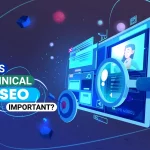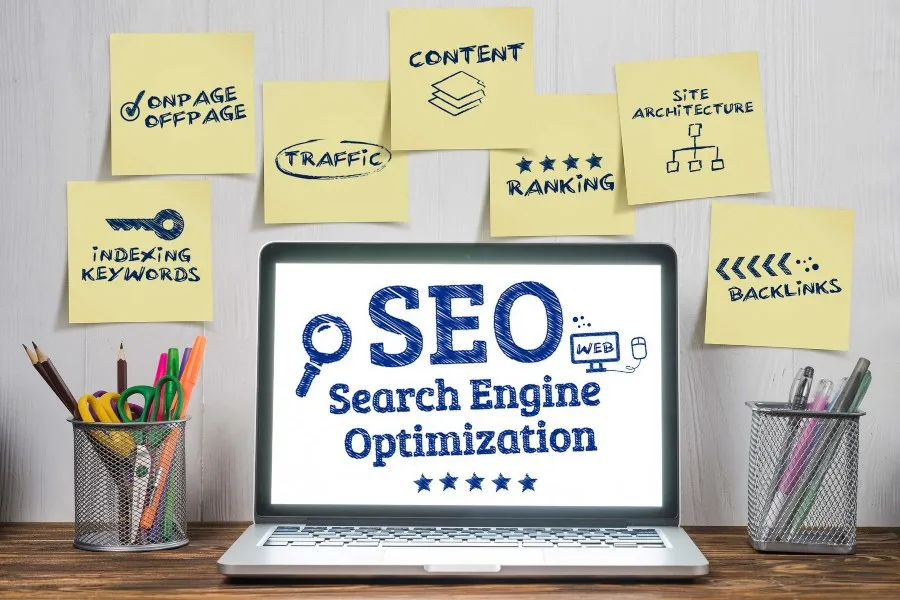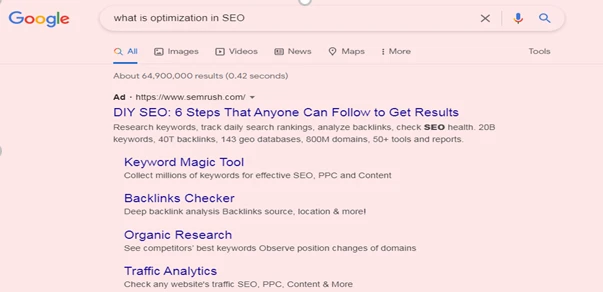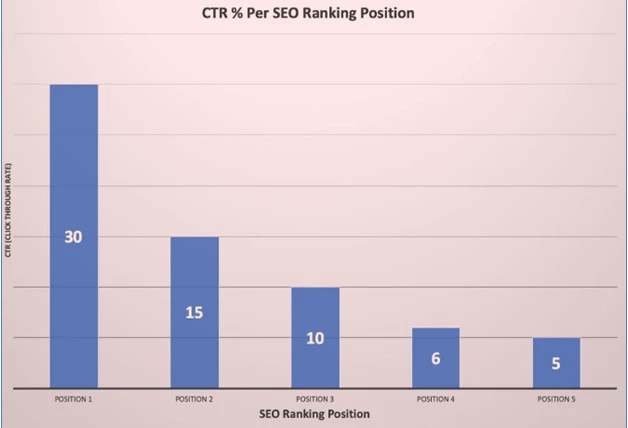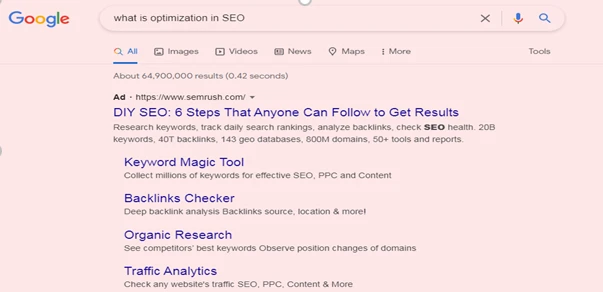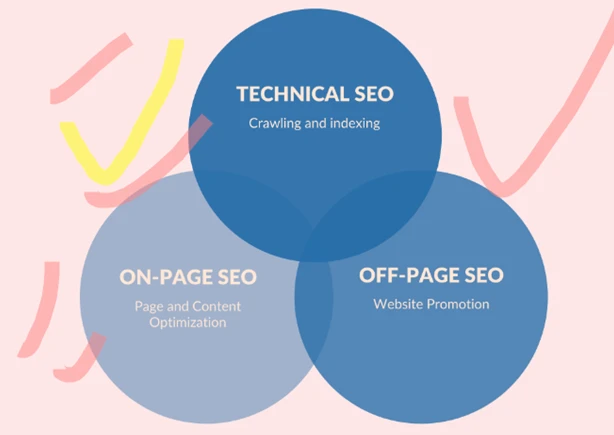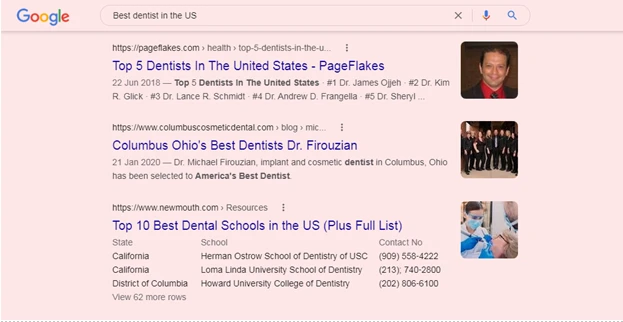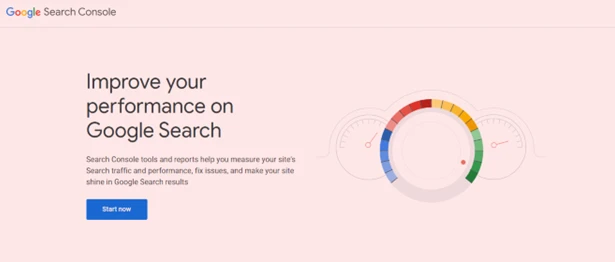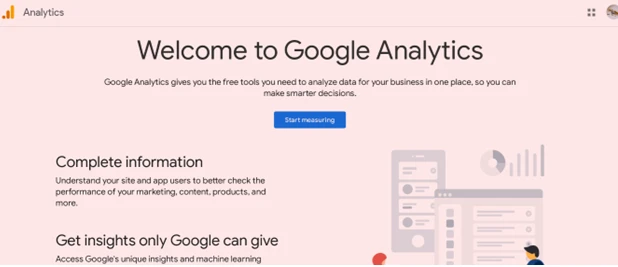You have your heart set on learning SEO. You have even bought a couple of courses online and told friends and business partners about your interest in becoming an SEO expert in no distant time.
Unfortunately, you have a tight schedule, but you have convinced yourself that you can make time for SEO. Your only challenge and the question that keeps crossing your mind is, “how long does it take to learn SEO?”
Wait a minute. Is this something going through your mind right now, or is it similar? The bottom line is that you are interested in learning SEO. The only drawback you seem to be having is how long it would take to become an SEO expert.
So, how long does it take to learn SEO?
It depends on a range of factors. But know that learning the basics of SEO can take about 1 to 3 months or more. If you want to learn advanced SEO concepts, you may spend around 2 to 5 years.
Now, we said a range of factors determine how long it would take to learn search engine optimization. But what are these factors? Check out the list below.
- Your level of knowledge in SEO
- How much experience you have
- The material or resources you’re using
- How much time you are willing to devote daily or weekly to learning SEO
- The level of SEO expertise you’re aiming to reach.
So, all these would determine how long it would take you to learn SEO.
Now, let’s focus on how you can learn and be good at SEO all by yourself.
How To Learn SEO And Improve Your Knowledge Quickly
Learning SEO and becoming exceptionally good at it is something anyone can achieve. But SEO isn’t that easy to learn, given its complexity.
Please, understand that no one is trying to discourage you. If you are eager to learn SEO and have the time and patience, go for it.
So, how can you learn SEO quickly?
The best advice I give to SEO beginners or newbies is that they should have a plan. Take the learning process one step at a time.
Below is an SEO learning plan I have prepared that may guide you to improve your SEO knowledge. This plan is for beginners to build a solid foundation in their SEO-learning journey.
Alright, here are the seven areas to focus on.
- How do search engines work?
- What does SEO mean? Why is SEO important?
- What role does SEO play in digital marketing?
- The three different SEO processes – Technical, on-page, and off-page optimization.
- What are keywords? Why are keywords important? How to conduct keyword research and what to look for when conducting keyword research.
- How do you measure SEO results or performance after investing time and energy?
- It’s time to get to work!
Now let’s discuss each of the SEO learning plans mentioned here.
Plan#1: Search engines:
The full meaning of SEO is Search Engine Optimization. Optimization means making your website visible on the search engine. It means taking steps to give your website and content a better chance of ranking high on search engines.
Image Of Google Search Engine
You can see the example of a search engine here. This is Google’s search engine. When you write and publish content on your website or blog, Google will index your webpage.
Indexing doesn’t mean Google will rank your webpage. You have to deploy the best SEO practices to get the desired ranking or visibility.
The way search engines work is quite complex. But the little you need to take home is that when internet users place keywords on search engines, websites that target the said keywords will appear on the SERP (Search engine result page).
You can see the keyword I used above. I entered “what is optimization in SEO,” and the first ten highest-ranking pages for that keyword popped up.
Furthermore, besides Google, I would like you to understand that other search engines exist.
Here are some of the search engines available.
- Bing
- Yandex
- CC Search
- Swiss cows
- DuckDuckGo
- Start Page
- Yahoo
- Baidu
- Ask.com
- Naver
- Boardreader
- GiveWater
- Ecosia
- Brave
- Yahoo
- Internet Archive
- WolframAlpha
A Handy Tip: Google is still the biggest and most powerful. It holds 92.18 percent of the search engine market share worldwide.
Plan#2: What does SEO mean, and how important is it?
Firstly, you have to understand what SEO means. It means a body of rules that one applies to a website with the hope of increasing the site’s traffic and position on SERP for the keyword targeted.
Now, the next question! Why is SEO important?
If you own an online business and are eager to boost organic traffic or your ranking on SERP, you must take SEO seriously.
You have to understand that websites in positions 1 to 5 on SERP have a higher chance of getting more traffic.
SEO Ranking Positions
You can see the chart here. To get more traffic, you have to be in position one. In other words, you have to rank for your targeted keyword on the first page.
Plan#3: What role does SEO play in digital marketing?
We know SEO is important and have discussed how. But what role does it play in SEM? Now, you can see the two different words “SEO” and “SEM.” We have already discussed what SEO is. What is SEM?
SEM means Search Engine Marketing. It is a process deployed to get traffic from search engines. In SEM, you can get the traffic naturally (via SEO) or through paid search ads.
However, SEO isn’t the only component that makes up SEM. It is also not the same as paid search.
The 6 effective online marketing channels for you to have a successful SEM
- Search engine optimization
- Search engine advertising
- Affiliate marketing and referral
- Content marketing
- Social media marketing
- Email marketing
Search Engine Advertising (SEA)
Below is another image showing what SEO looks like on SERP, and involves getting traffic naturally or organically.
Search Engine Optimization (SEO)
Plan#4: Learn the various SEO processes:
At this stage, let’s assume you now understand what SEO means and why it is important. You have also learned about SEM and gained insight into the various channels to deploy for a successful SEM campaign.
The next process you will learn is the different areas of SEO. Remember, there are 255 SEO ranking factors. But to make things easier, these ranking factors are in three groups.
- Technical SEO – These are the processes responsible for making the crawling and indexing phase of a website possible. If Google’s Spiders don’t crawl your website, Google won’t index it. If Google doesn’t index your website, it won’t appear on SERP.
- On-page SEO – This process involves optimizing a website’s page so that Google Spiders can understand the page’s content and targeted keyword when crawling it.
- Off-page SEO – This is when you promote a website on the web to obtain links from other websites. Google considers such links a “vote of trust” and can have a massive positive influence on a website’s ranking on SERP.
Here is an image that summarizes the various SEO processes
Three Main SEO Processes
A Handy Tip: Please, bear in mind that Technical SEO focuses on infrastructural-related settings. They are settings you do on the website to make it visible to Google Spiders. But On-page and Off-page SEO revolves around the use of keywords.
Alright, let’s discuss what keywords are.
Plan#5: Learn all about keywords:
Keywords should be the next focus if you have finished learning about Technical SEO.
What are keywords? They are search phrases or terms internet users enter on search engines’ search bars to find general information, product or services.
Here is an image showing what a keyword looks like. You can see pages that popped up when I entered the search phrase “Best dentist in the U.S.”
Search Result Page For Keyword “Best dentist in the U.S.
What is keyword research? Keyword research involves getting industry-related keywords you wish to target in your optimization campaign.
For example, if you have a dental clinic, you can target the keyword “best dentist in the U.S.” If you get the SEO process right, your website will appear on the search result page for people targeting this keyword.
So, learn how to conduct keyword research and decide on the right keyword to target in your content.
Plan#6: Measuring SEO Performance:
This stage is important for those who wish to learn SEO or hire an SEO agency. You have to understand how to measure the KPIs of your SEO campaign.
When you fail to measure your KPIs or don’t know how, keep in mind that you will be running a blind SEO campaign. Blind in the sense that you won’t know which keyword is performing well and which of them needs more effort from your SEO team.
Google Search Console (GSC) and Google Analytics are two important tools for measuring SEO performance.
The Google Search Console will give you an in-depth understanding of your website’s performance on the Google search engine. You’ll see how much traffic you had for the various keywords targeted.
Now let’s discuss what Google Analytics does.
With Google Analytics, you’ll have in-depth knowledge of what people do when they visit your website. You’ll learn the web pages they visit the most, how much time they end up spending there, and other valuable metrics to make informed decisions.
Plan#7: Get to work:
At this stage, let’s assume you have learned SEO basics. You now know what SEO is, including other things a beginner should know.
Now it’s time to get to work. You must put everything you have learned into practice to gauge your SEO knowledge.
Wrapping It Up
So, how long does it take to learn SEO? Getting basic knowledge of SEO can take between 1 to 3 months. But if you want to take it to another level, in other words, advance, you may spend 2 to 5 years. And please, don’t forget that this isn’t set in stone.
You can learn SEO much faster by dedicating time to it. Also, remember we mentioned that several factors could determine how long it will take you to learn SEO.
SEO takes time to learn and master. And if you don’t get your website SEO strategy right, you’ll miss out on traffic, customers, and sales.
So, when business owners hire SEO agencies, they know what they are doing. It’s best for the company’s growth.



